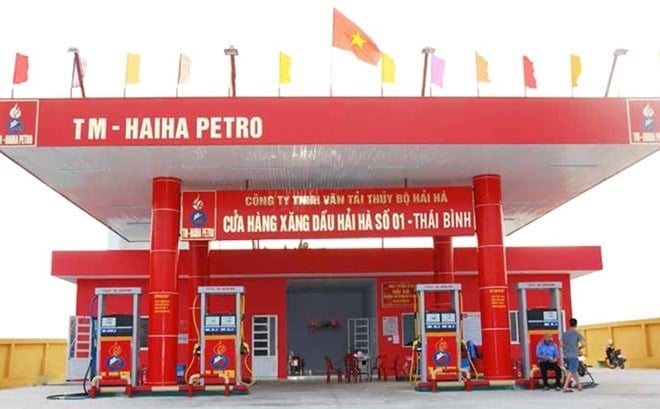
Hai Ha Petro continues to owe "huge" taxes
Recently, in the public list of people who still owe taxes and state budget revenues, the name Hai Ha Waterway Transport Company Limited (Hai Ha Petro) continued to be mentioned by the Thai Binh Provincial Tax Department - the enterprise with the largest debt with a total debt of over 1,781 billion VND.
In recent years, the business situation of this petroleum enterprise has always been "poor".
At the end of 2021, Hai Ha Petro had an accumulated loss of more than VND 2,000 billion, with negative equity of nearly VND 1,629 billion. Liquidity indicators were alarming as the company's short-term debt reached VND 12,804 billion, far exceeding short-term assets of VND 9,290 billion. Total liabilities reached VND 13,160 billion, higher than total assets of VND 11,531 billion.
Entering 2022, Hai Ha Petro continued to suffer losses, bringing the company's accumulated loss as of December 31, 2022 to VND 4,576 billion, with negative equity of VND 4,122 billion. The financial situation has not improved as liabilities still far exceed total assets.
Not only violating the stabilization fund, the enterprise also used invoices of dissolved enterprises.
As Lao Dong reported, a series of petroleum businesses were named for violating regulations on the Petroleum Price Stabilization Fund. However, while public opinion had not yet calmed down because the petroleum price stabilization fund worth hundreds of billions of dong in the enterprises had not been returned, the enterprises committed violations in the purchase and sale of invoices and tax debts.
According to Lao Dong's source, Trung Linh Phat Company Limited was not only named by the Ministry of Finance for violating the regulations on transferring the petroleum price stabilization fund according to Decree 95, but was also warned of high tax risks, using VAT invoices for purchases of inactive and dissolved enterprises; selling goods in a roundabout way, the enterprise selling goods is also the enterprise purchasing goods.
According to the Tan Binh District Tax Department, through reviewing and analyzing tax declaration records; reporting the use of invoices by taxpayers to the tax authority via the centralized tax management system; and through reviewing the use of invoices by taxpayers on the electronic invoice application, the Tan Binh District Tax Department discovered that Trung Linh Phat Company Limited - Ho Chi Minh City branch had high risks regarding taxes and invoices.
Tan Binh District Tax Department found that Trung Linh Phat Company Limited - Ho Chi Minh City branch is trading in oil products, but the company does not have a warehouse. This company declared the value of goods sold to be very small compared to the value of goods purchased. Trung Linh Phat Company Limited has large revenue and output and input VAT, and does not generate VAT payable.
In particular, there is a difference between VAT declared revenue and invoiced revenue. Use of VAT invoices purchased by businesses that are no longer operating at the registered address and dissolved businesses.
This company also has a situation of selling goods in a circular manner, the business that sells goods is also the business that buys goods. The business operates in Ho Chi Minh City, but buys goods from businesses outside the province whose goods originate in Ho Chi Minh City.
In order to prevent fraudulent acts in the purchase and sale of illegal invoices; tax fraud in VAT deduction declaration, refund and cost accounting to evade taxes, avoid loss of state budget, Tan Binh District Tax Department reports to Ho Chi Minh City Tax Department; notifies tax agencies of 63 provinces and cities, relevant authorities and Tax Departments of districts, regions, Thu Duc City under Ho Chi Minh City Tax Department to know, coordinate to control the above risks and handle according to regulations.
Responding to Lao Dong, the Price Management Department (Ministry of Finance) said that in the coming time, the unit proposed to drastically implement the use of electronic invoices for key traders in the petroleum business.
For retail gasoline stores, when licensed or re-licensed, they must ensure the issuance of electronic invoices immediately after each sale.
Source


![[Photo] Nhan Dan Newspaper celebrates the 94th anniversary of the founding of the Ho Chi Minh Communist Youth Union](https://vstatic.vietnam.vn/vietnam/resource/IMAGE/2025/3/25/5571705682934ac5be5014ce171facb4)

![[Photo] General Secretary To Lam chairs the Standing Meeting of the Central Steering Committee on preventing and combating corruption, waste and negativity](https://vstatic.vietnam.vn/vietnam/resource/IMAGE/2025/3/25/839ea9ed0cd8400a8ba1c1ce0728b2be)
![[Photo] General Secretary To Lam chairs the meeting of the Personnel Subcommittee of the 14th Party Congress](https://vstatic.vietnam.vn/vietnam/resource/IMAGE/2025/3/25/d651a3f3496c46ad8217ba75535ecafa)

![[Photo] Minister of Defense presides over inspection of parade and march training](https://vstatic.vietnam.vn/vietnam/resource/IMAGE/2025/3/25/35c2dd58a3e840d3a8cd615e70e89039)
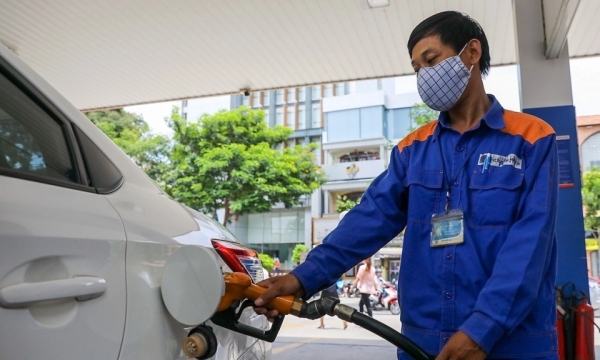

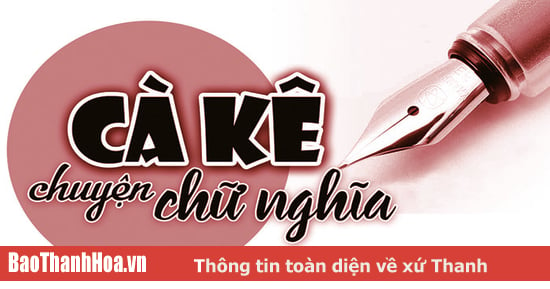
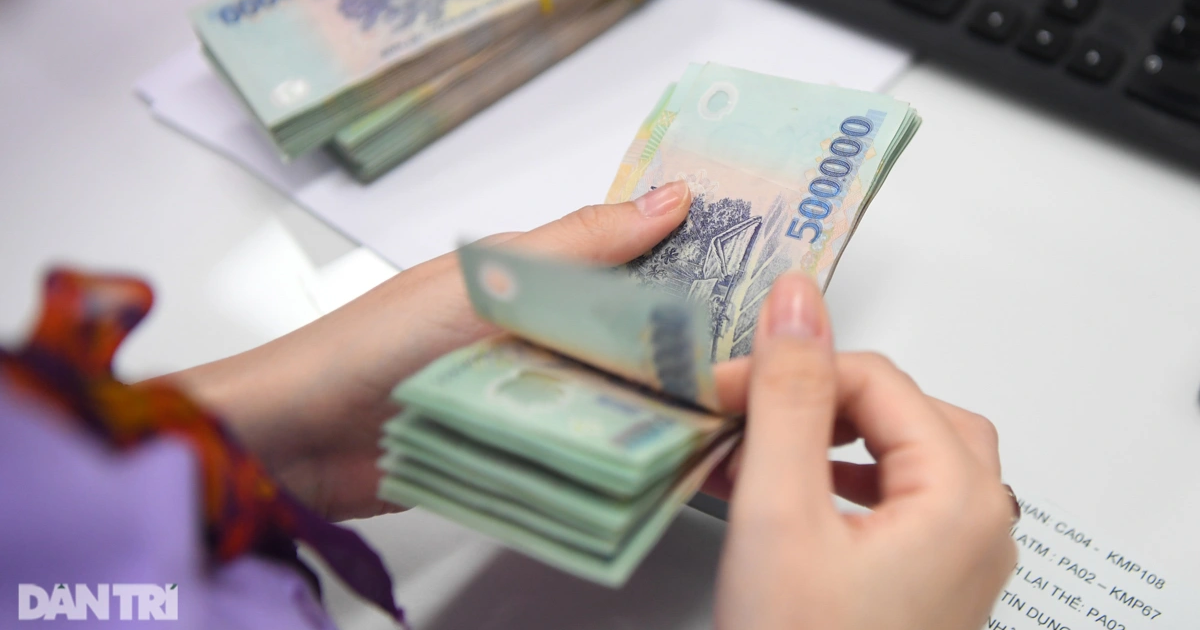

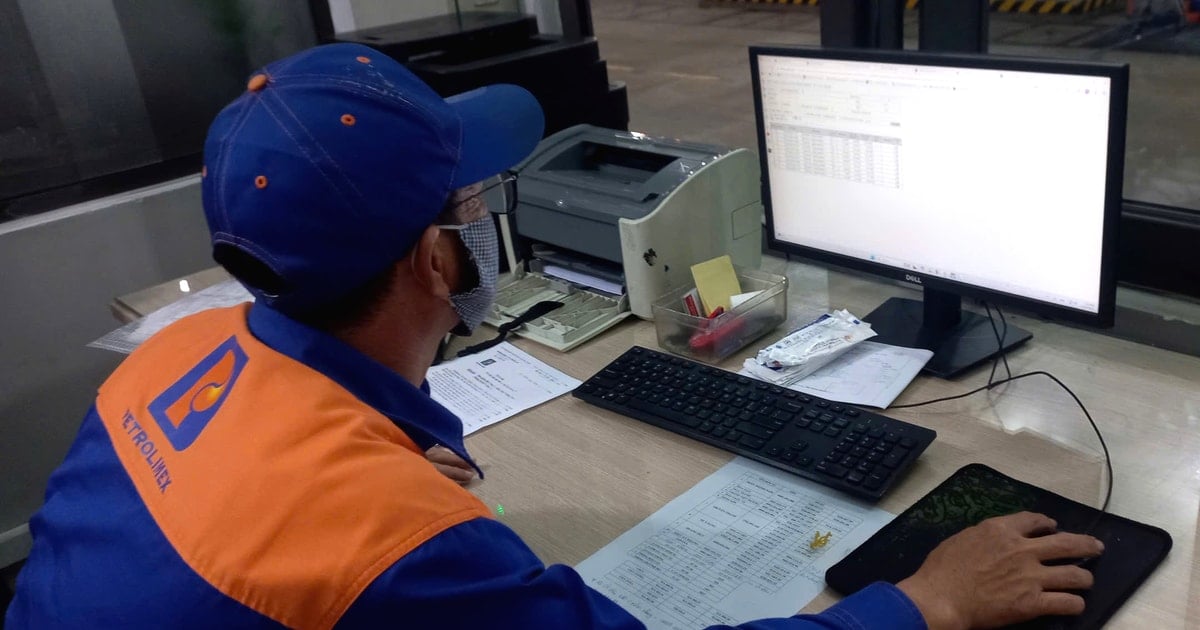
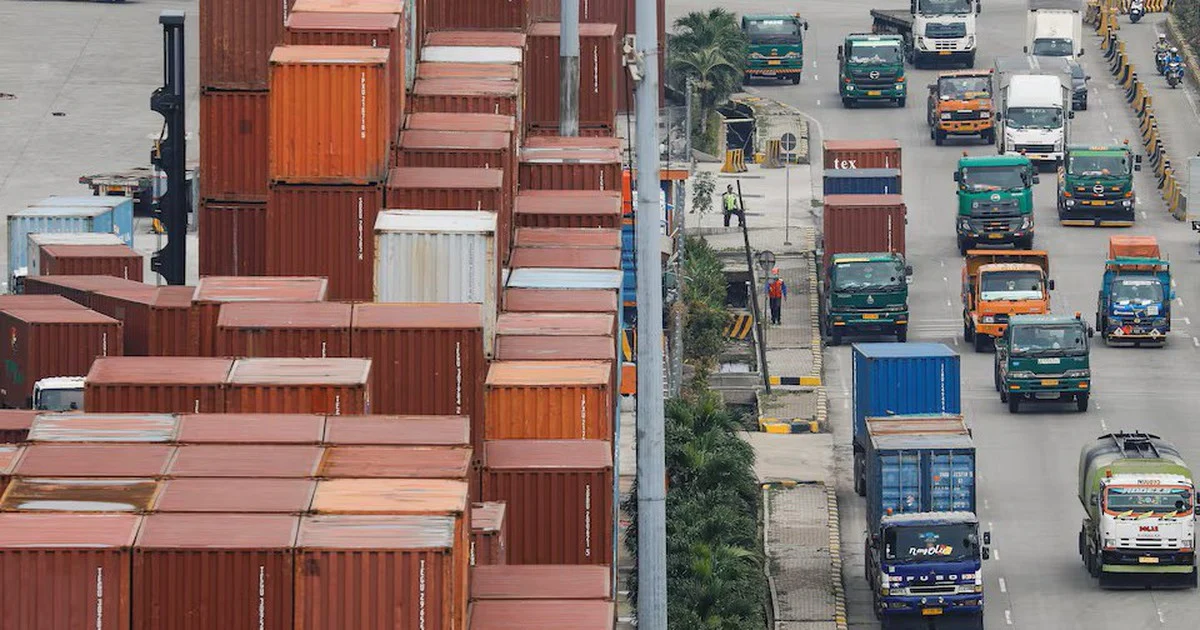

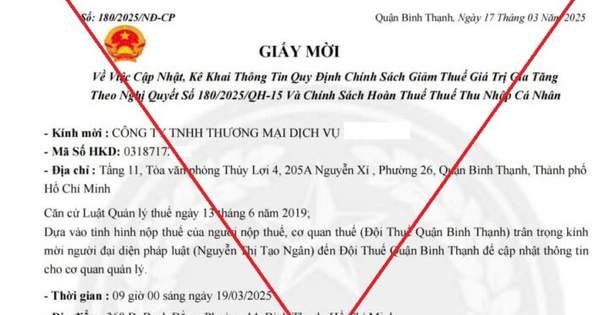

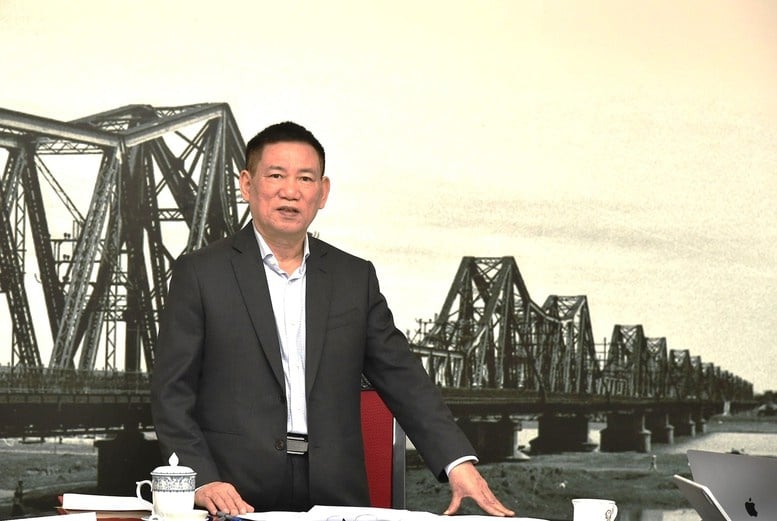
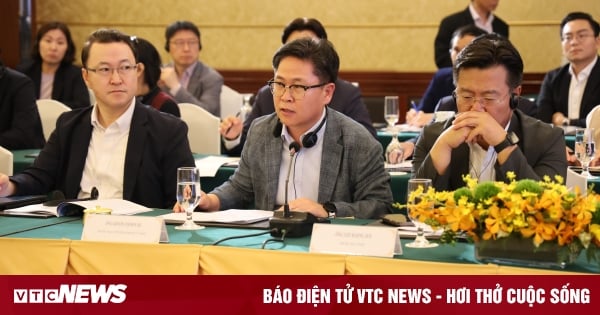

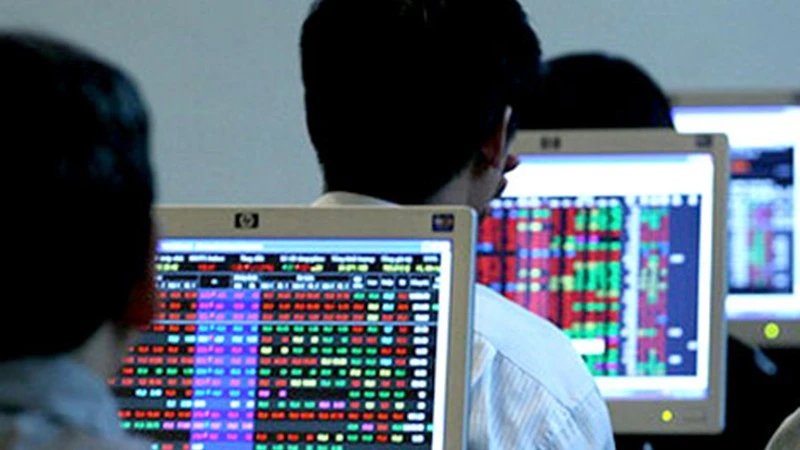
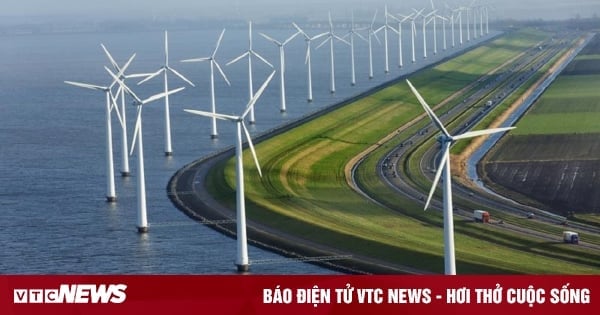









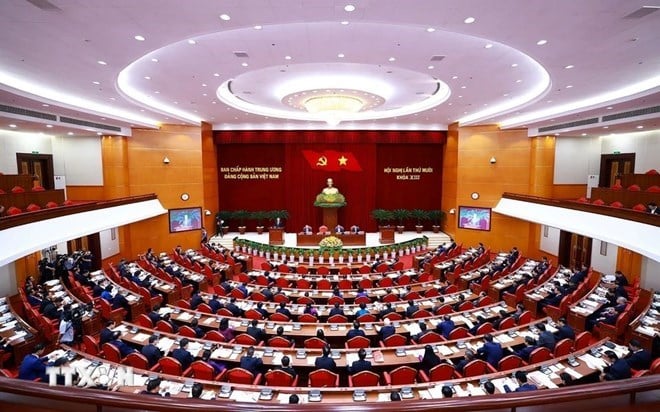




























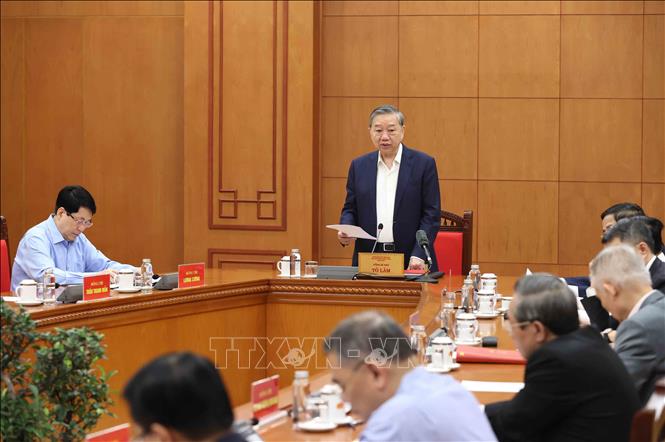



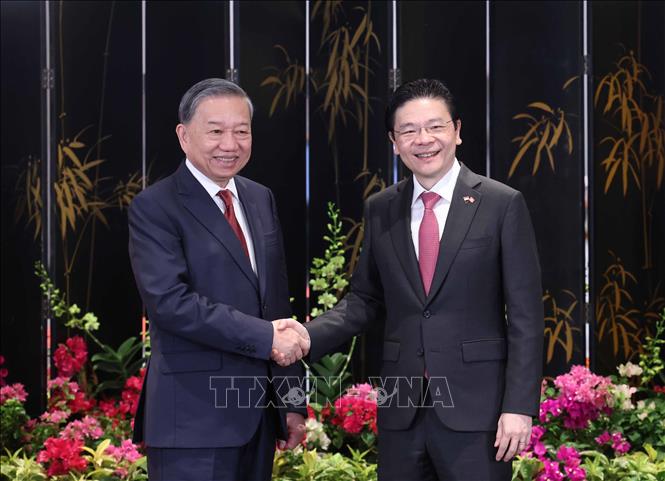










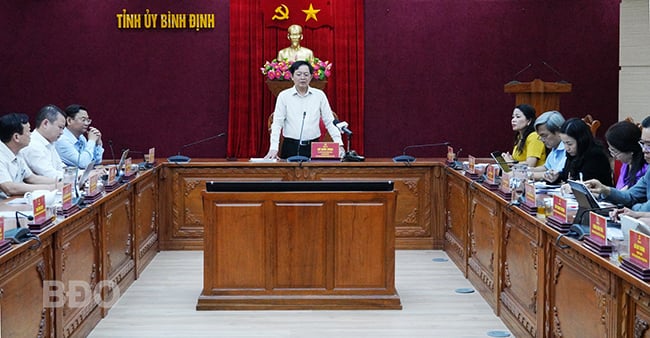

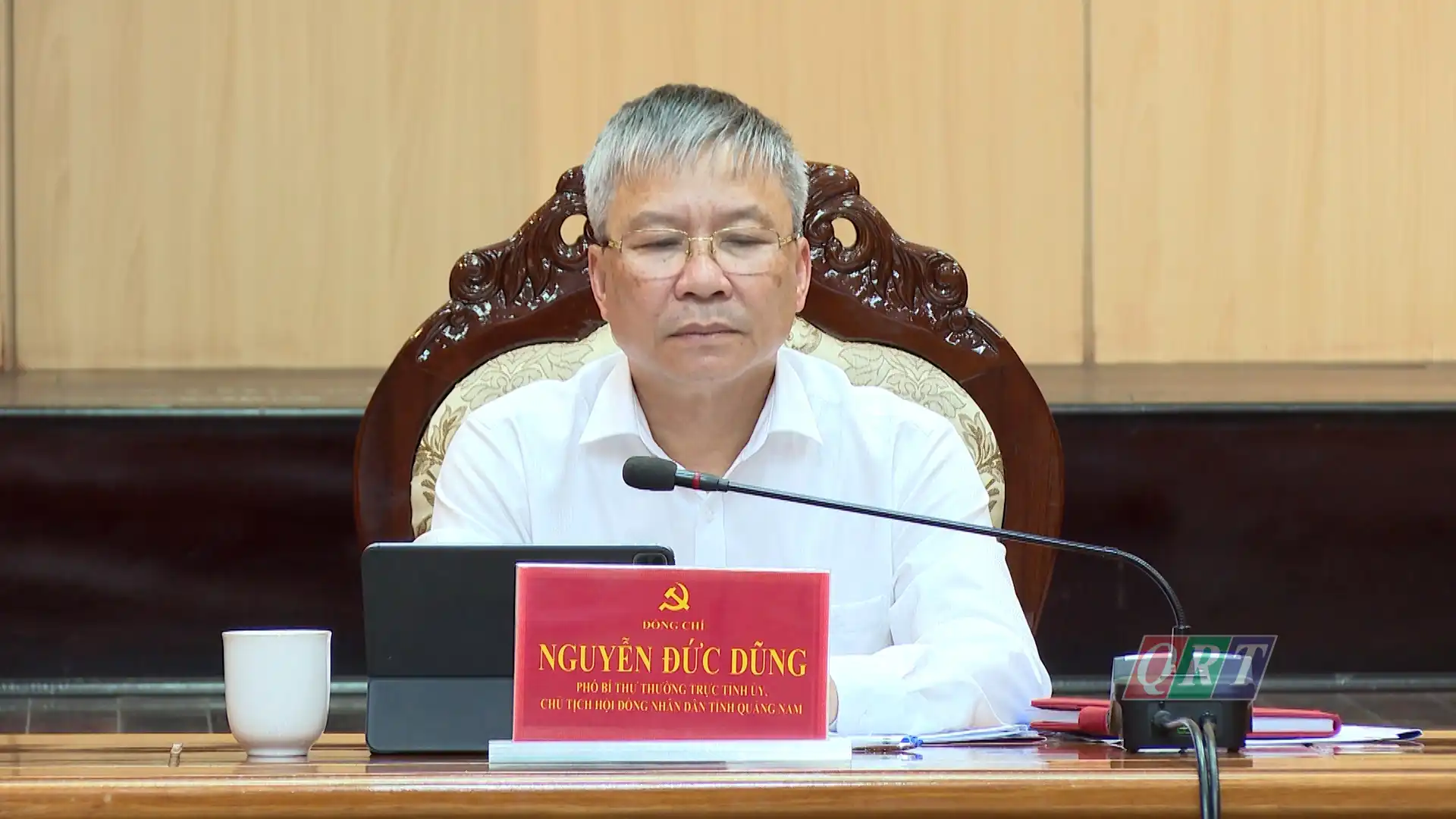
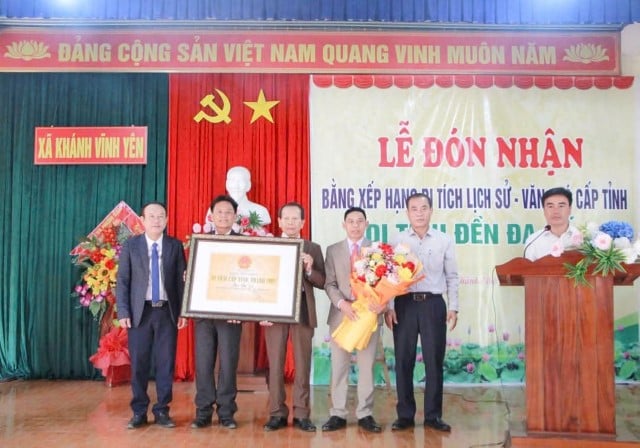

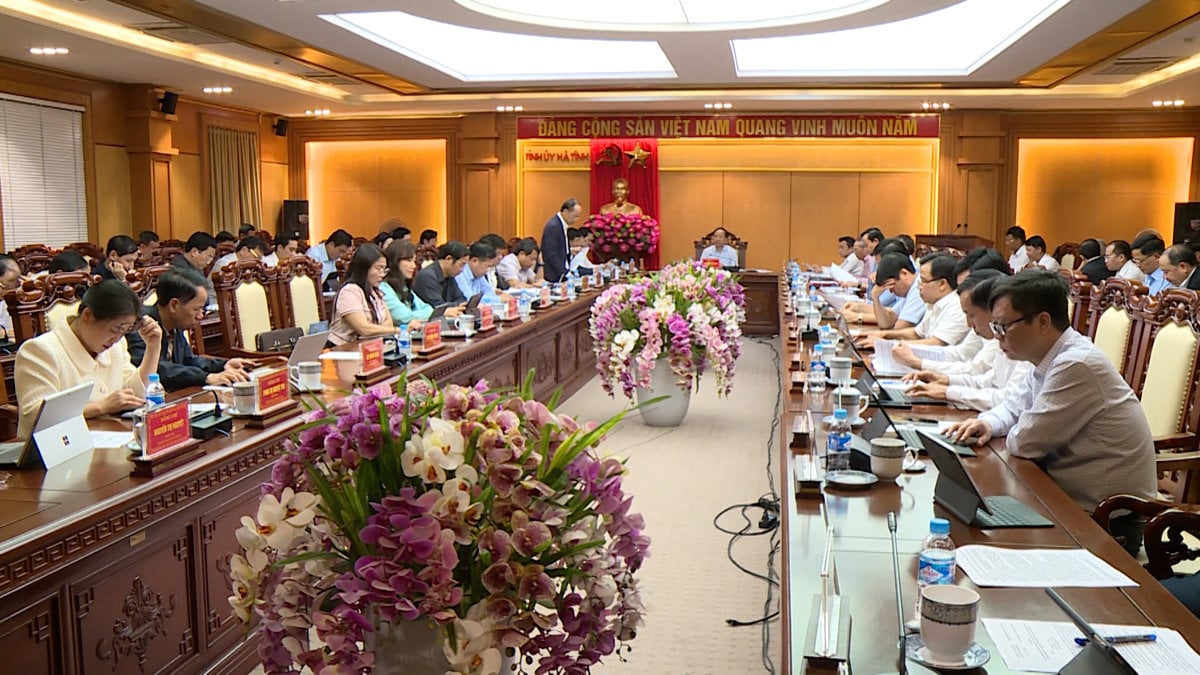

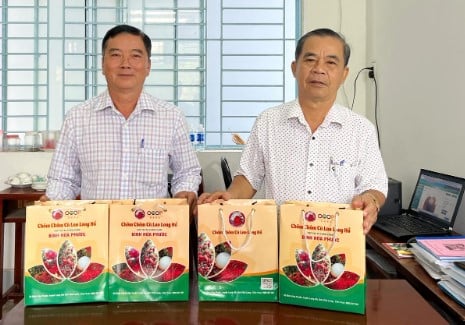






Comment (0)